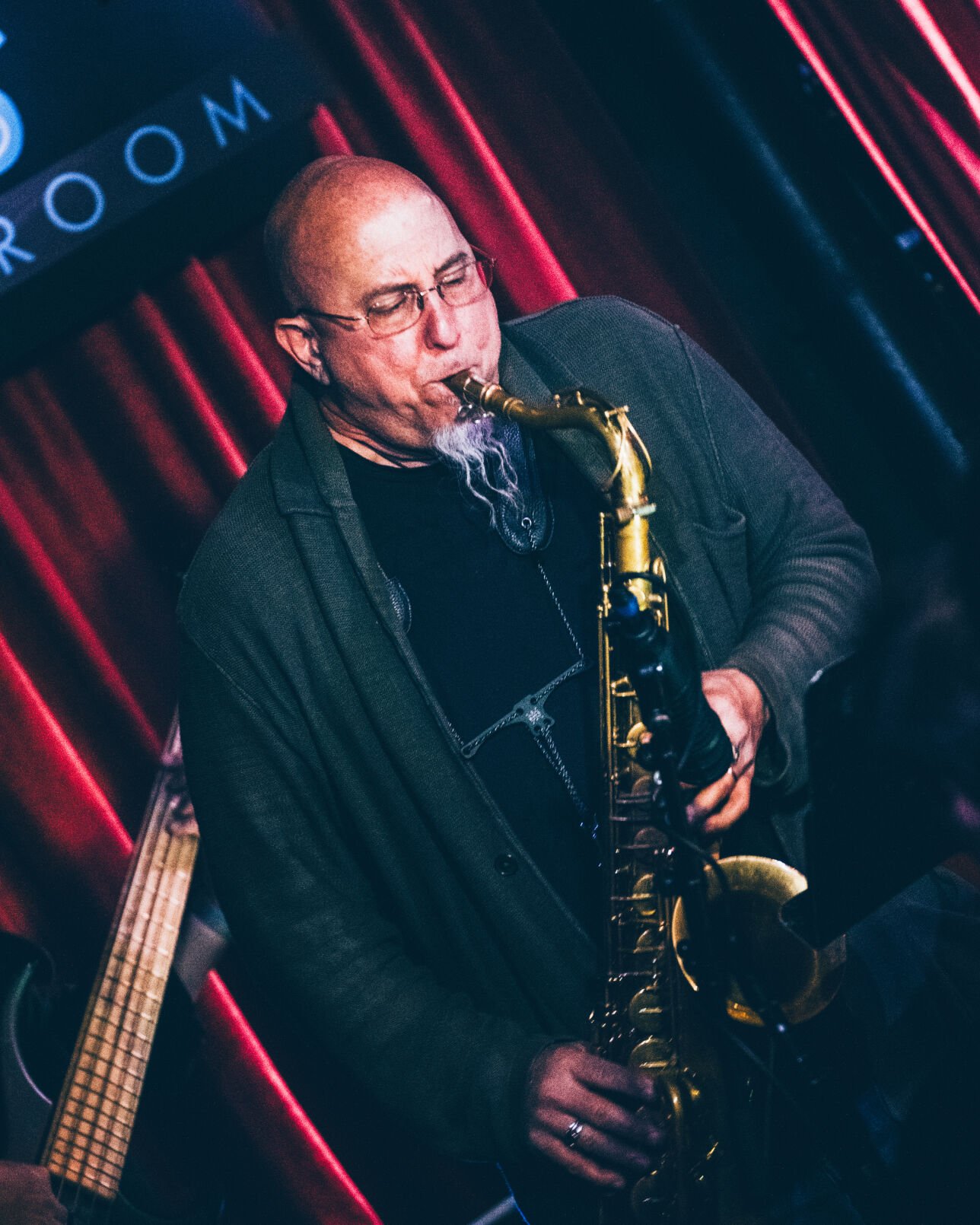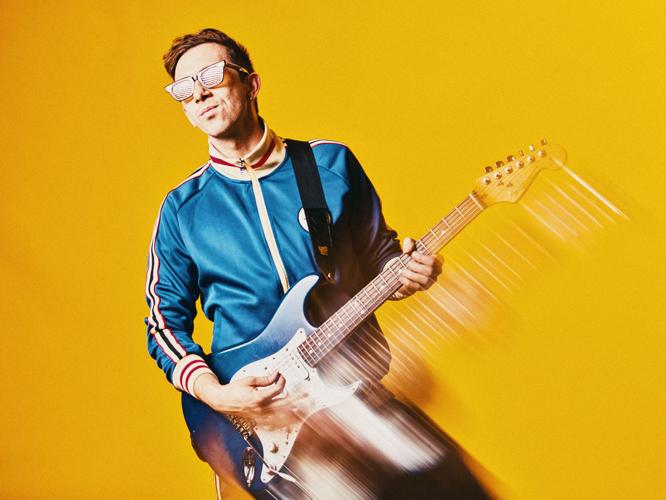
Jeff Coffin, Keith Carlock, Emmanuel Echem, Mike Elizondo and Chris Walters at Rudy's Jazz Room for 615 Indie Live, 2/1/2025
This weekend’s inaugural Nashville Jazz Festival, a two-day event organized under the auspices of the Nashville Jazz Workshop, continues a tradition initiated by events like the Jefferson Street Jazz and Blues Festival and Fisk Food and Jazz Festival, as well as the Workshop’s own Jazzmania. The Nashville Jazz Festival supplants that long-running fundraiser gala with two nights of concerts Saturday and Sunday, Oct. 25 and 26, at 3rd and Lindsley. The festival is the culmination of a goal that workshop artistic director David Rodgers began developing when he took on the role in mid-2024.
“We’ve seen over 100 percent growth in concert attendance, along with a wave of renewed excitement and rebranding happening organically around our programs,” Rodgers tells the Scene. “We wanted to channel that momentum into something bigger — an event that could celebrate the incredible musicianship in our city while giving Nashville a true large-scale jazz experience.”
Rodgers enlisted ace instrumentalist, jazz educator and record label owner Jeff Coffin to be the festival’s artistic director. Coffin was made aware that despite Nashville’s long history of excellent jazz, there hadn’t been an event called “Nashville Jazz Festival” in decades. Contemporary reports in The Tennessean show that a group called Patrons of Jazz produced a one-day event in 1967 by that name at War Memorial Auditorium headlined by Cannonball Adderley. The organization promoted a follow-up in 1968 that featured Dave Brubeck and Thelonious Monk and was produced by George Wein of Newport Jazz Festival fame.
A few years ago, Coffin found that domain names for variations on “Nashville Jazz Fest” were available, so he bought them. While other projects remained at the forefront, he kept the idea in mind. When the opportunity arose, he jumped at the chance.
“The greatest challenge is including everyone who should be included,” says Coffin. “We wanted to represent the breadth and width of the local scene with players and writers and improvisers who exemplify the wide range of music that exists here. We also wanted to have as little overlap of players playing in multiple groups as possible. These are inspiring musicians who have played with the greatest musicians on the planet and continue to do so. I wanted people who were out there doing it, and that’s who we got! I’m so excited to have everyone we wished for.”

Cory Wong
To that end, more than 70 musicians are involved, and the overwhelming majority are locals. The exceptions he names are Atlanta saxophonist and composer Tia Fuller (performing with Marcus Finnie Band on Saturday night), Nashville-raised New York resident and pianist Tyler Bullock, and guitar wiz Cory Wong, who splits his time between Nashville and Minneapolis.
“We will hopefully expand and make it bigger and better in the future,” Coffin says. “David Rodgers and I have worked really well together, and I think it’s a fantastic lineup of great music with a lot of cultural and musical diversity — which is what this music is all about. But it was a very conscious decision to make it Nashville-centric. There is so much talent here now. More than I’ve ever seen, and I’ve lived here since 1991.”
Rodgers says the festival lineup reaffirms the musical mission the workshop undertakes year-round. The NJW Rising Stars Ensemble and Vanderbilt University’s Blair Big Band share the bill with the aforementioned renowned artists. Ten percent of each ticket sale goes directly to the workshop’s scholarship fund.
“We need folks to continue to step up and to help sponsor the festival, which in turn will help sponsor scholarships and the like for younger players who need assistance as they climb,” says Coffin. “This is all about the community of musicians of all ages. We can’t thank Ron Brice at 3rd and Lindsley enough for supporting this and so much other live music in town.”
“The rise of this festival is a reflection of the growing audience interest and appreciation for jazz in Nashville,” Rodgers says. “Many of the city’s greatest musicians — regardless of genre — are rooted in jazz. They’re improvisers, composers, arrangers and virtuosos who bring that creative language into everything from pop to country to gospel to film scoring. Jazz is inextricably linked to musical innovation. What we’re seeing now is a new wave of listeners discovering that connection. People [are] realizing that jazz isn’t just a historical art form — it’s alive, evolving and thriving right here in Music City.”








